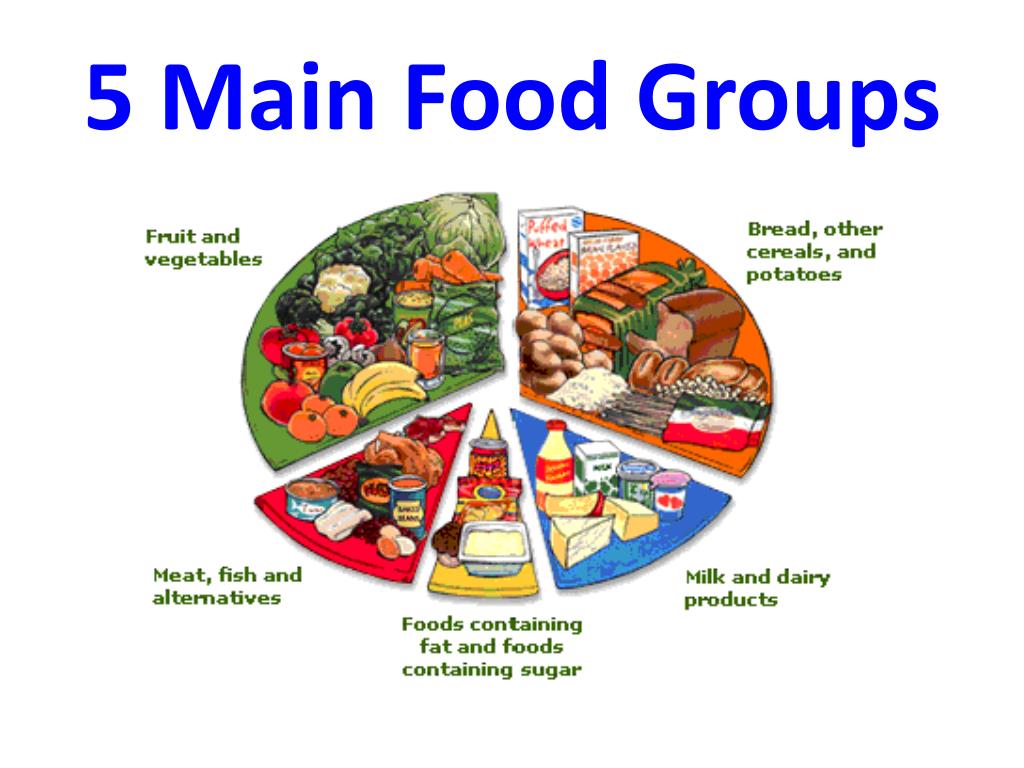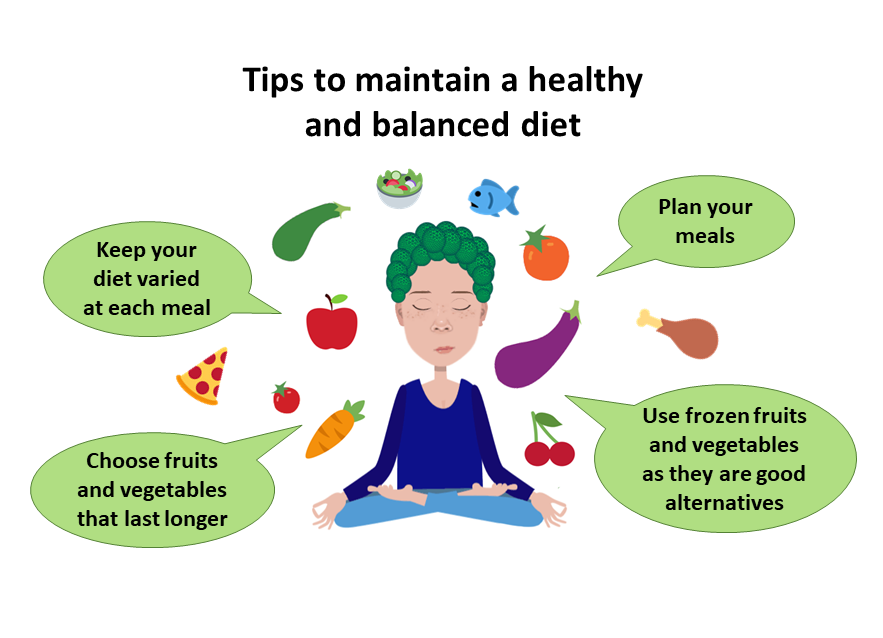The Impact of a Balanced Diet on Your Overall Health
When it comes to maintaining good health, one of the key factors to consider is nutrition. A balanced diet plays a crucial role in supporting overall health and well-being. By understanding the basics of nutrition and the importance of a balanced diet, we can make informed choices about the foods we eat and their impact on our health.
Understanding the Basics of Nutrition and Balanced Diet

Nutrition involves the intake and utilization of vital nutrients that fuel our bodily functions. These nutrients, which include carbohydrates, proteins, fats, vitamins, minerals, and water, are foundational for maintaining health and vitality. A balanced diet, crucial for optimal health, is one that incorporates a diverse mix of these nutrients in appropriate amounts to support bodily needs. It is tailored to an individual’s lifestyle, age, and health status, ensuring that all nutritional requirements are met for energy, growth, and repair.
Emphasizing the significance of variety, a balanced diet encourages the consumption of a wide range of foods to achieve a comprehensive nutrient intake, avoiding nutrient deficiencies and promoting overall well-being. This approach to eating not only supports physical health but also plays a key role in mental and emotional health, underlining the interconnectedness of diet and holistic health outcomes.
The Five Major Food Groups and Their Roles

The foundation of a balanced diet is understanding and incorporating the five major food groups: fruits, vegetables, grains, protein foods, and dairy. Each group contributes uniquely to our nutritional needs. Fruits and vegetables, bursting with vitamins, minerals, and antioxidants, are integral for warding off diseases and ensuring a robust immune system.
Grains, especially whole grains, are our main source of energy-providing carbohydrates and are also important for fiber intake. Proteins, found in both animal and plant sources, are essential for the building and repair of body tissues. This group includes meats, poultry, fish, beans, and nuts, offering versatility in choices. Dairy products, like milk, cheese, and yogurt, supply calcium, potassium, vitamin D, and protein, vital for bone health and muscle function.
By thoughtfully consuming an array of foods from each of these groups, individuals can craft a diet that supports optimal health, fuels body functions, and prevents nutritional gaps, ensuring that the body receives a harmonious balance of the nutrients it requires to thrive.
The Impact of Vitamins and Minerals on Health
Vitamins and minerals, though needed in only small quantities, are mighty forces behind numerous physiological processes essential for maintaining a healthy life. These micronutrients facilitate critical functions, such as converting food into energy, repairing cellular damage, and bolstering the immune system to fight off illness. Each vitamin and mineral serves a unique role; for example, vitamin D is paramount for bone health, while vitamin C is crucial for the growth and repair of tissues throughout the body. Iron supports blood production, and zinc aids in wound healing and immune function.
A diet rich in a variety of foods from all the food groups ensures an adequate supply of these essential nutrients, helping to prevent deficiencies that can lead to serious health issues. It’s vital to emphasize that while supplements can help fill nutritional gaps, they cannot replicate all the health benefits of whole foods. Therefore, prioritizing a diet diverse in fruits, vegetables, whole grains, and lean proteins is the best strategy to harness the full spectrum of vitamins and minerals our bodies require to thrive.
The Importance of Fiber and Hydration

Fiber plays an indispensable role in promoting digestive health and aiding in weight management. Consuming high-fiber foods, such as fruits, vegetables, and whole grains, helps maintain bowel health, lowers cholesterol levels, and assists in regulating blood sugar levels. This nutrient is essential for adding bulk to the diet, which aids in feeling full longer and can contribute to a healthy weight.
On the other hand, hydration is critical for more than just quenching thirst. Water is vital for transporting nutrients to cells, maintaining normal bowel function, and supporting the body’s cooling system through sweating. Without adequate hydration, one may experience fatigue, decreased cognitive function, and an overall decline in physical performance. It’s essential to drink fluids consistently throughout the day, not just when the feeling of thirst arises, to ensure that the body’s hydration needs are met. Incorporating foods with high water content, such as cucumbers, tomatoes, and watermelons, can also contribute to daily fluid intake, offering a dual benefit of hydration and nutrient consumption.
Balancing Macronutrients for Optimal Health
The essence of a well-rounded diet lies in the harmonious balance of macronutrients: carbohydrates, proteins, and fats. Each of these macronutrients serves a distinct purpose, providing the energy and building blocks our bodies need to function efficiently. Carbohydrates, the primary energy source, fuel our daily activities and brain function. Proteins play a critical role in tissue repair and immune system support, while fats are essential for nutrient absorption and providing long-lasting energy.
Achieving an optimal balance requires mindful selection of foods, incorporating whole, unprocessed options that deliver these nutrients in their most beneficial forms. Emphasizing variety ensures that we not only meet our macronutrient needs but also benefit from the array of vitamins and minerals these foods naturally offer. Adjusting macronutrient intake based on individual health goals, activity levels, and specific dietary needs allows for personalization of nutrition, fostering a sustainable approach to health and well-being.
How a Balanced Diet Supports Weight Management

A balanced diet is instrumental in achieving and maintaining a healthy weight, playing a vital role in the control of calorie intake and the optimization of nutrient density. By incorporating a wide range of foods from the various food groups, individuals can ensure they receive the essential nutrients necessary for metabolic health without excess calories that can lead to weight gain. Focusing on nutrient-dense foods—those high in nutrients but low in calories—such as fruits, vegetables, lean proteins, and whole grains, supports satiety and energy levels, reducing the likelihood of overeating.
Additionally, mindful eating practices, including portion control and listening to hunger cues, are facilitated by a balanced diet approach. This mindful engagement with food encourages a healthier relationship with eating, helping to avoid the calorie-dense, nutrient-poor options that contribute to weight gain. By aligning food choices with the body’s nutritional needs, a balanced diet not only aids in weight management but also sets the foundation for long-term health benefits, steering individuals away from the risks associated with obesity and overweight. Engaging in regular physical activity, alongside dietary balance, further enhances weight management efforts, creating a holistic approach to maintaining a healthy lifestyle.
The Link Between Diet and Chronic Disease Prevention

The power of a balanced diet extends beyond weight management and into the realm of chronic disease prevention. Evidence suggests that dietary choices play a significant role in mitigating the risk of developing long-term health issues such as cardiovascular diseases, type 2 diabetes, and certain cancers. The key to this protective effect lies in the quality and variety of foods consumed.
Nutrient-rich diets that prioritize fruits, vegetables, whole grains, and lean proteins offer an abundance of vitamins, minerals, and antioxidants that combat inflammation and reduce oxidative stress—factors implicated in the onset and progression of chronic conditions. Conversely, diets high in processed foods, saturated fats, and added sugars can exacerbate these risk factors, highlighting the importance of mindful eating habits.
Incorporating a diverse range of whole foods can significantly impact health by maintaining optimal levels of blood sugar and cholesterol, and by fostering a healthy gut microbiome, which is linked to reduced inflammation and enhanced immune function. Limiting intake of red and processed meats, and choosing healthier fats found in fish and plant-based oils, further supports this protective effect. Understanding the correlation between diet and chronic disease underscores the importance of making informed food choices as a proactive approach to health maintenance and disease prevention, reinforcing the concept that our diets can be one of the most powerful tools we have for living longer, healthier lives.
Practical Tips for Adopting a Balanced Diet

Embarking on the journey to a balanced diet can be straightforward with actionable steps. Start by ensuring fruits and vegetables occupy half of your plate, providing a colorful array of nutrients at every meal. Opt for whole grains, which offer more fiber and essential nutrients than their refined counterparts, enhancing both satiety and health benefits. Incorporate a variety of lean protein sources, including fish, poultry, legumes, and nuts, to support tissue repair and immune health.
Be mindful of the intake of added sugars and saturated fats, aiming to minimize these in favor of healthier options. Consistently choosing water as your primary beverage helps maintain hydration and supports overall health without adding excess calories. These simple adjustments can significantly impact your dietary habits, paving the way for a more nutritious, balanced lifestyle that fosters long-term health and vitality.



